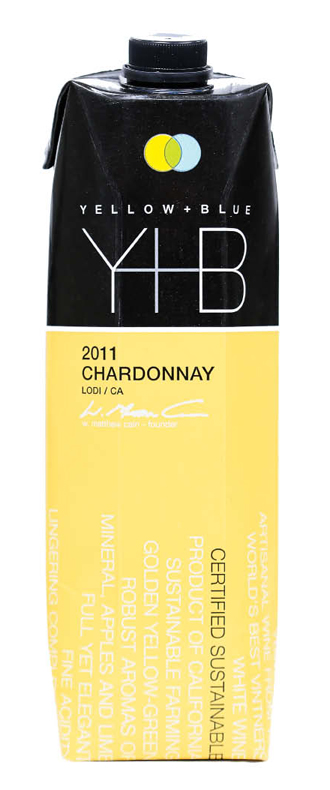Availability makes even the crankiest wine writer cringe.
That’s because the laws that govern how wine is sold, called the three-tier system, vary from state to state, and sometimes even within states. Just because a wine is for sale in Dallas doesn’t mean it will be for sale in Houston or Austin (or somewhere else in Dallas, for that matter). In addition, wine is not like ketchup, where there is an almost infinite amount. When a producer runs out of that year’s wine, that’s it, and there is no more until next year.
So what’s a wine drinker to do?
• Ask the retailer to check distributor books. More wines exist than any retailer can possibly carry. A distributor book lists every wine — often thousands for the biggest distributors — that can be sold at retail in that market. If the wine is in one of the books, a good retailer will get it for you.
That’s how I found the Bonny Doon wines, including the rosé ($15), which are quite limited in Dallas.
• Check with the winery. Obviously, if you can buy it from them, all the better. But if you can’t (thank you, three-tier system), send an email. Some producers have database apps on their site that let you search for retailers in your area.
That’s how I found Yellow + Blue, including the chardonnay ($10 for a 1 liter box).
• The importer should know. If the wine is not made in the United States, there’s a line on the back label that says “Imported by such and such.” Look for the importer’s website; sometimes, they’ll have a database app. More likely, you’ll have to send an email.
Ask the wine guy
What are diet wines?
Diet wines, like light beer, are made to contain fewer calories. That’s the primary concern — not what the wine tastes like. Usually, fewer calories translates to less alcohol in the wine, which is where most of wine’s calories come from. You can accomplish the same thing with regular wine by drinking less. Ask the Wine Guy taste@advocatemag.com
With your wine
House tabbouleh
There may be a trillion recipes for tabbouleh, the Mediterranean bulgur and parsley salad; everyone who makes it does it differently. Some have mostly parsley and almost no bulgur; some are the exact opposite. This recipe is mostly bulgur, but with more parsley. And the proportions and ingredients are truly just guidelines. Chopped tomatoes work for the cherry, green onions are fine substitutes for the red onions, and olives and chickpeas work well, too. And Boony Doon’s rosé is a great match.
Grocery List
1 c uncooked bulgur
1 c chopped fresh Italian parsley
½ c chopped fresh mint
½ c cherry tomatoes, sliced
1 cucumber, peeled, seeded and diced
½ red onion, peeled and chopped
Best quality olive oil to taste
Lemon juice to taste
Salt and pepper to taste
Directions
1. Soak the bulgur for about 10 minutes, or until it softens, in boiling water to cover. Drain.
2. Mix the remaining ingredients and serve.
Serves four, takes about 15 minutes






